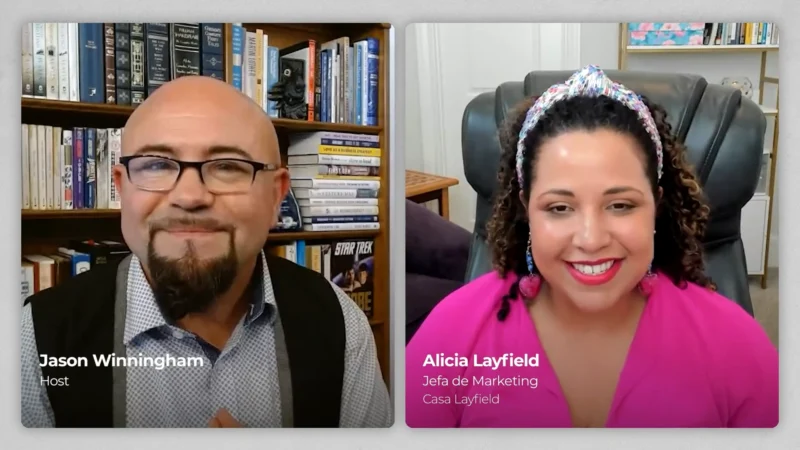The Insurance Industry Should Look Closer at Mental Health Services Accessibility
Health insurance expert Melanie Musson joined MarketScale to explain why the insurance industry should take a closer look at mental health services accessibility.
Over the past couple of years, there have been several reports on the disparity in mental health access. Even though mental health was added as an essential medical service as part of the Affordable Care Act, recent studies have indicated that access to mental health services is unattainable to many individuals.
Because many health insurance providers’ payment maximums are far lower than what providers charge, many providers don’t accept insurance. In many cases, Medicare and Medicaid mental health coverage exceeds private health insurance coverage.
If individuals can find a mental health provider who accepts insurance, they’ll often still have to pay a 20% coinsurance or more, making repeat visits challenging if not impossible to pay for.
This issue has put policyholders in a bad position because even though their health insurance policy covers mental health, they can’t find a provider who accepts their insurance. For most people paying for visits out-of-pocket is too expensive.
In stark contrast to these reports, though, just this week, a study was released in which three out of four individuals reported that it was easy to find and get the mental health services they needed. Only 6% of respondents said it was very difficult to get services.
This most recent report should be evaluated in light of other reports, and insurance companies should continue to seek ways to make mental health services accessible for all.
Melanie Musson is a health insurance expert with ExpertInsuranceReviews.com.







